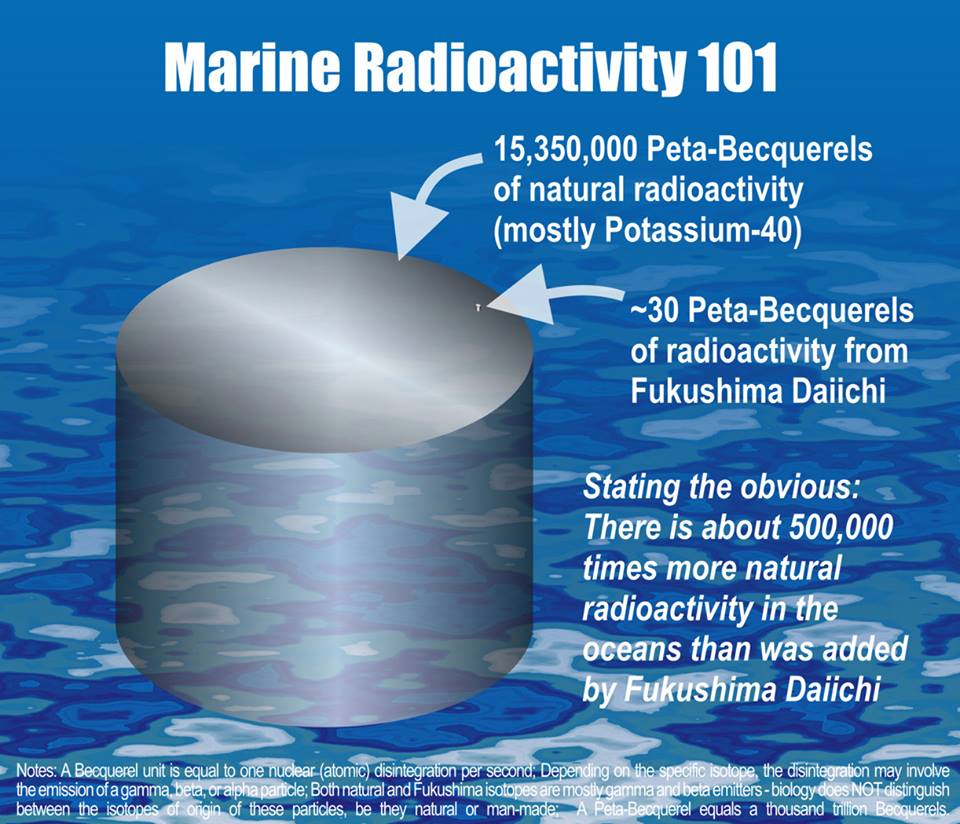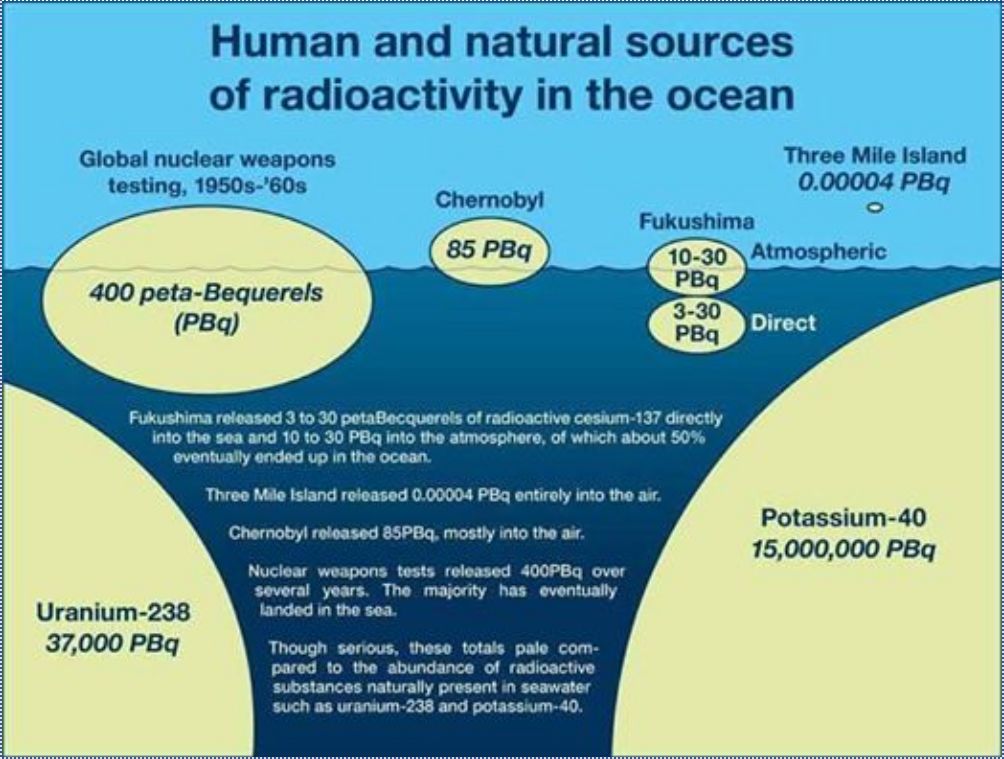It looks like you're using an Ad Blocker.
Please white-list or disable AboveTopSecret.com in your ad-blocking tool.
Thank you.
Some features of ATS will be disabled while you continue to use an ad-blocker.
share:
link
Now that's good news
A total of 55 blue whales were sighted or recorded in the past year, according to the British Antarctic Survey, which has been studying whale movements in waters surrounding South Georgia Island in the South Atlantic Ocean.
South Georgia was once abundant with whale activity, but hunting brought the animals near to extinction.
Now, populations of the blue whale, as well as humpback and southern right whales, may be close to a full recovery around the island.
---------
'To think that in a period of 40 or 50 years, I only had records for two sightings of blue whales around South Georgia,' whale specialist Dr Trevor Branch from the University of Washington, Seattle, told the BBC.
.
Now that's good news
a reply to: johnb
This is indeed good news.
They are amazing animals and viewing them in their natural habitat is on my bucket list.
Sadly I guess it won't be long till Japan, Norway etc say that their rise in numbers should warrant relaxation of the ban on hunting and killing them.
This is indeed good news.
They are amazing animals and viewing them in their natural habitat is on my bucket list.
Sadly I guess it won't be long till Japan, Norway etc say that their rise in numbers should warrant relaxation of the ban on hunting and killing them.
Eating and sport killing them again does not sound far away. Very encouraging.
It does not matter - the Japanese mis-handling of the Fukushima disaster has condemned all ocean life to death. It's just a matter of time until the
radiation spreads all over by ocean currents.
originally posted by: Freeborn
a reply to: johnb
Sadly I guess it won't be long till Japan, Norway etc say that their rise in numbers should warrant relaxation of the ban on hunting and killing them.
I wouldn't necessarily say Norway would go for it. There's been a wind of environmental change sweeping across the country, and I would hazzard a guess that the vast majority are against it. That said; it's stupefyingly jaw-dropping what lobbyists can achieve.
a reply to: Lazarus Short
Thanks for pissing in my tea!
I accept that Fukushima was a complete balls up but anything to support your statement that all marine life is doomed as a direct result?
And I guess this would ultimately lead to the demise of all or at least most human life as well?
Thanks for pissing in my tea!
I accept that Fukushima was a complete balls up but anything to support your statement that all marine life is doomed as a direct result?
And I guess this would ultimately lead to the demise of all or at least most human life as well?
edit on 20/2/20 by Freeborn because: clarity
a reply to: Droogie
I hope you are right about the Norwegian people being more likely to oppose any relaxation of the ban on hunting whales but as you say; when mixing money with politicians people's opinions are often disregarded.
I hope you are right about the Norwegian people being more likely to oppose any relaxation of the ban on hunting whales but as you say; when mixing money with politicians people's opinions are often disregarded.
edit on 20/2/20 by Freeborn because: (no reason given)
Very good news.
Ever wondered how many species of whales there are? I did:
Amazing! I love the ocean.
Ever wondered how many species of whales there are? I did:
How many species of whale are there in the world?
90 species
There are 90 species of whales, dolphins and porpoises, known collectively as "cetaceans". From the enormous blue whale to the tiny vaquita and New Zealand dolphin, you will find information and amazing facts about many of these incredible creatures in our species guide
Amazing! I love the ocean.
edit on 20-2-2020 by EartOccupant because: (no reason given)
originally posted by: Freeborn
a reply to: Lazarus Short
Thanks for pissing in my tea!
I accept that Fukushima was a complete balls up but anything to support your statement that all marine life is doomed as a direct result?
And I guess this would ultimately lead to the demise of all or at least most human life as well?
Pissing in other's tea seems to be my specialty here, and you're welcome. I can only refer you to repeated reports of starving seabirds. Their food sources have obviously died, but officials who should know better seem unwilling or unable to say "Fukushima." They scratch their heads and profess ignorance. I have also read reports of cross-Pacific sailors who found the ocean to be very quiet and almost without life.
a reply to: Lazarus Short
Yea maybe in the waters off Japan. The seagulls on Florida beaches are doing just fine. The crows even better since they love to open people's bags and pull stuff out looking for food when folks leave their towels for the water.
The Earth can handle significantly more abuse than a bit of radioactive water.
Yea maybe in the waters off Japan. The seagulls on Florida beaches are doing just fine. The crows even better since they love to open people's bags and pull stuff out looking for food when folks leave their towels for the water.
The Earth can handle significantly more abuse than a bit of radioactive water.
Fukushima didn't help, but there was a lot of radiation in the Ocean already, lots of it natural, some from human sources:
originally posted by: Freeborn
a reply to: Lazarus Short
Thanks for pissing in my tea!
I accept that Fukushima was a complete balls up but anything to support your statement that all marine life is doomed as a direct result?
And I guess this would ultimately lead to the demise of all or at least most human life as well?
www.hiroshimasyndrome.com...

If we divide 3,750,000 PBq (natural Pacific activity) by 30 PBq (Fukushima), the total of all Fukushima radioactive isotopes in the north Pacific is 125,000 times less than what naturally exists. This means that maybe…just maybe…one out of every 125,000 counts registered on the YouTube video’s hand-held meter might have come from Fukushima.
This one breaks down how much was released by other sources. Atomic Bomb testing was bad, but still not as large as natural sources:

Anyway I'm glad to hear about whale populations recovering, that's good news. Now if the Japanese could only learn to eat chickens instead of whales, that might help a little more.
There have been a number of whale research groups who have contributed to these animals getting a new start again. Perhaps someone here on ATS is
familiar or affiliated with these groups and could comment on who they are, and the academic organizations behind them.
These groups should be proud hearing news like this.
These groups should be proud hearing news like this.
Do they know how many of those are pure bred and how many are hybrids with Finbacks? It was one on the nature doc series (maybe Blue Planet) that
there were so few Blue Whales that they had increasingly hybridized with Finbacks (or whatever the next largest species was) in order to survive and
breed.
originally posted by: Lazarus Short
originally posted by: Freeborn
a reply to: Lazarus Short
Thanks for pissing in my tea!
I accept that Fukushima was a complete balls up but anything to support your statement that all marine life is doomed as a direct result?
And I guess this would ultimately lead to the demise of all or at least most human life as well?
Pissing in other's tea seems to be my specialty here, and you're welcome. I can only refer you to repeated reports of starving seabirds. Their food sources have obviously died, but officials who should know better seem unwilling or unable to say "Fukushima." They scratch their heads and profess ignorance. I have also read reports of cross-Pacific sailors who found the ocean to be very quiet and almost without life.
Why say Fukushima when you can kill 2 birds with one stone by claiming "climate change".
new topics
-
More Bad News for Labour and Rachel Reeves Stole Christmas from Working Families
Regional Politics: 4 hours ago -
Light from Space Might Be Travelling Instantaneously
Space Exploration: 6 hours ago -
The MSM has the United Healthcare assassin all wrong.
General Conspiracies: 7 hours ago -
2025 Bingo Card
The Gray Area: 7 hours ago -
The Mystery Drones and Government Lies
Political Conspiracies: 9 hours ago
top topics
-
Pelosi injured in Luxembourg
Other Current Events: 15 hours ago, 21 flags -
The Mystery Drones and Government Lies
Political Conspiracies: 9 hours ago, 11 flags -
Nov 2024 - Former President Barack Hussein Obama Has Lost His Aura.
US Political Madness: 17 hours ago, 8 flags -
2025 Bingo Card
The Gray Area: 7 hours ago, 7 flags -
The MSM has the United Healthcare assassin all wrong.
General Conspiracies: 7 hours ago, 7 flags -
Light from Space Might Be Travelling Instantaneously
Space Exploration: 6 hours ago, 7 flags -
More Bad News for Labour and Rachel Reeves Stole Christmas from Working Families
Regional Politics: 4 hours ago, 6 flags
active topics
-
-@TH3WH17ERABB17- -Q- ---TIME TO SHOW THE WORLD--- -Part- --44--
Dissecting Disinformation • 3678 • : Thoughtful3 -
The Mystery Drones and Government Lies
Political Conspiracies • 60 • : xuenchen -
Light from Space Might Be Travelling Instantaneously
Space Exploration • 16 • : atsalex2 -
Drones everywhere in New Jersey
Aliens and UFOs • 125 • : KrustyKrab -
Pelosi injured in Luxembourg
Other Current Events • 31 • : xuenchen -
2025 Bingo Card
The Gray Area • 14 • : Oldcarpy2 -
Something better
Dissecting Disinformation • 23 • : VariedcodeSole -
DONALD J. TRUMP - TIME's Most Extraordinary Person of the Year 2024.
Mainstream News • 40 • : WeMustCare -
A priest who sexually assaulted a sleeping man on a train has been jailed for 16 months.
Social Issues and Civil Unrest • 29 • : Oldcarpy2 -
Airplane Crashed and Airplane Disabled Near Ohare Airport - Could be UFO Related.
Aliens and UFOs • 69 • : WeMustCare
